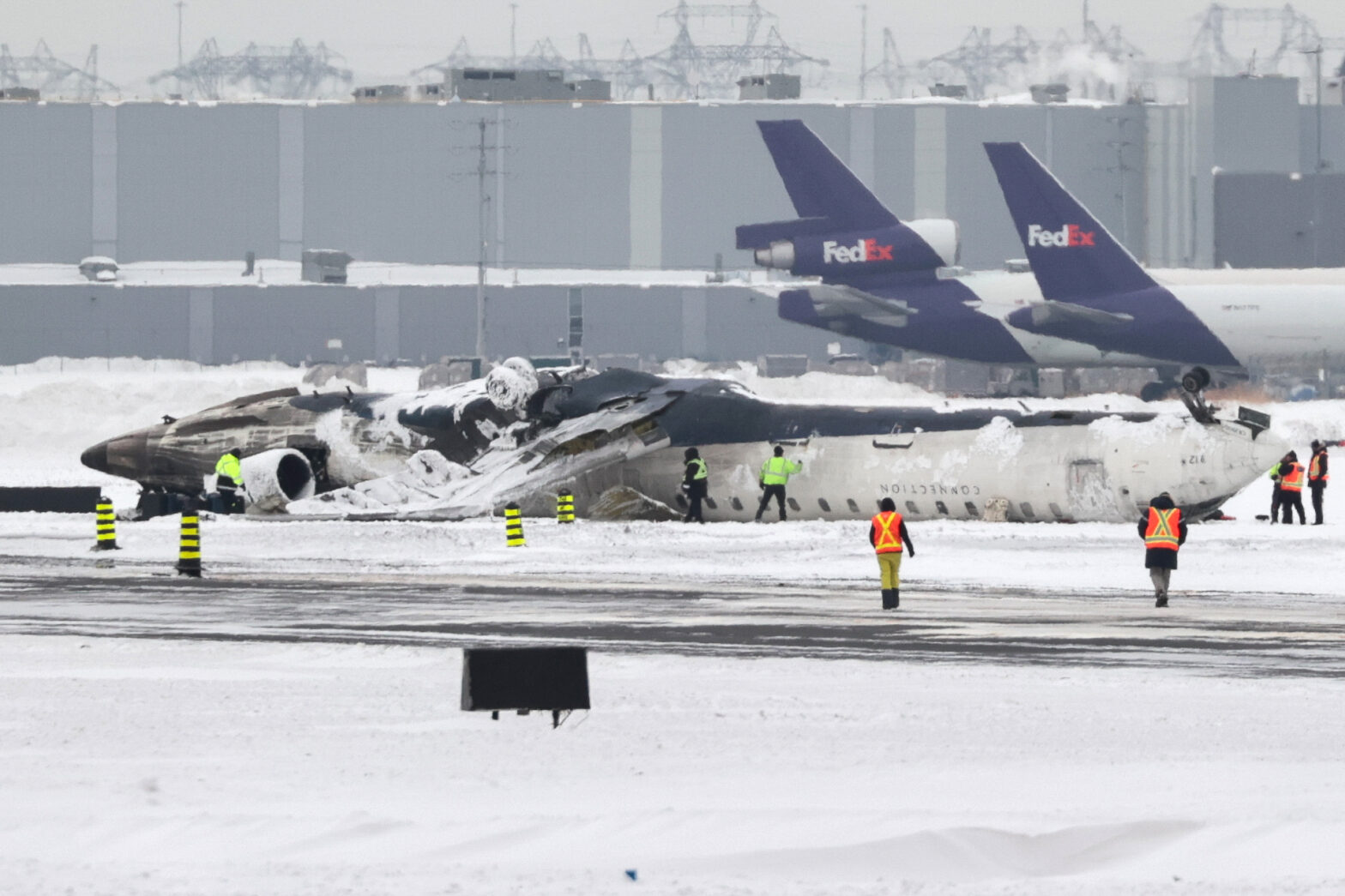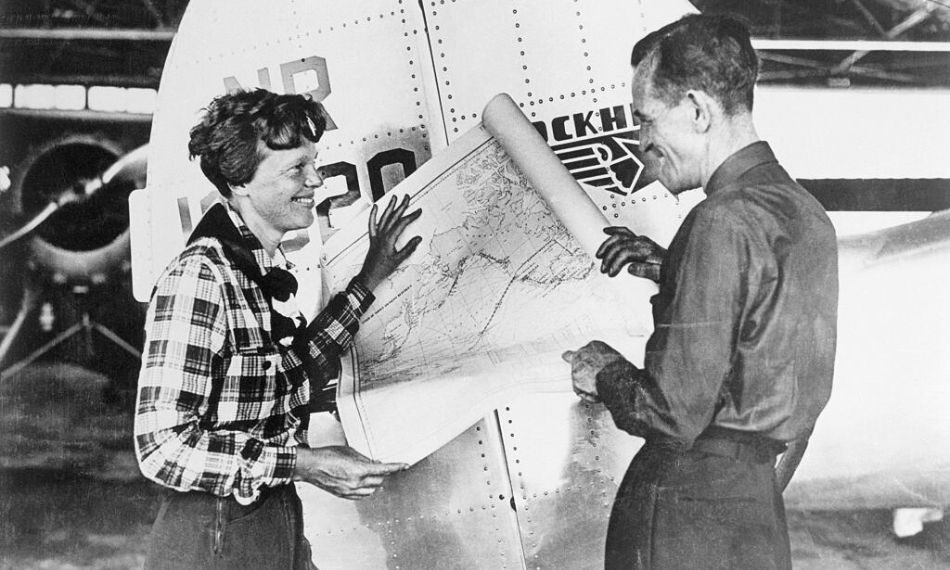Delta Air Lines is in the eye of a legal storm following the recent plane crash at Toronto Pearson International Airport. On February 17, 2025, Delta Air Lines subsidiary Endeavor Air’s CRJ-900 aircraft experienced a crash landing upon arrival in Toronto.
The plane, carrying 76 passengers, flipped over during its approach, resulting in a terrifying ordeal for those on board. Twenty-one individuals required hospitalization, though fortunately, all have since been discharged. However, the airline’s $30,000 offer to each passenger on the flight was quickly overshadowed by the first wave of lawsuits.
Legal Actions Against Delta Air Lines Commence
Two passengers have already filed lawsuits against the airline. These legal actions could be just the beginning, as international aviation laws provide a two-year window for passengers to seek damages. One of the lawsuits comes from a Texas man who claims to have suffered severe injuries and emotional distress.
According to his legal filing, he endured being “suspended upside down.” The passenger was also “drenched with jet fuel” during the crash. The plaintiff alleges significant injuries to his head, neck, back, knees, and face, alongside the psychological trauma of the incident. The second lawsuit, filed on behalf of a Minneapolis woman, cites “extreme bodily and mental injuries” resulting from the crash. This legal action goes further, accusing the flight crew of failing to follow “the most fundamental procedures for a landing approach” into the airport.
The Montreal Convention And Passenger Rights
Delta CEO Ed Bastian announced a $30,000 compensation offer per passenger in an effort to swiftly resolve the situation. This gesture, totaling approximately $2.3 million if accepted by all 76 passengers, was presented as having “no strings attached” and not affecting passengers’ rights to further legal action.
Still, the quick emergence of lawsuits suggests that some passengers view this offer as insufficient, given the severity of the incident and its aftermath. The legal landscape for these cases is shaped by the Montreal Convention, an international treaty governing airline liability for passenger injuries, baggage damage, and cargo loss on international flights.
Under this agreement, passengers can receive compensation up to $200,000. There is also the possibility of receiving higher amounts if the airline is found negligent. This treaty provides a structured framework for addressing incidents like the Toronto crash. It balances passengers’ rights with the operational realities of international air travel.
The investigation into the crash continues while the legal proceedings begin to unfold. The National Transportation Safety Board (NTSB) and the Federal Aviation Administration (FAA) are assisting their Canadian counterparts in determining the cause of the accident.
Delta has released information about the flight’s captain and first officer. The carrier emphasized their qualifications and certifications in response to online rumors questioning their competence. Delta also states that both pilots are FAA-certified, with the captain having served in pilot training and flight safety roles.





